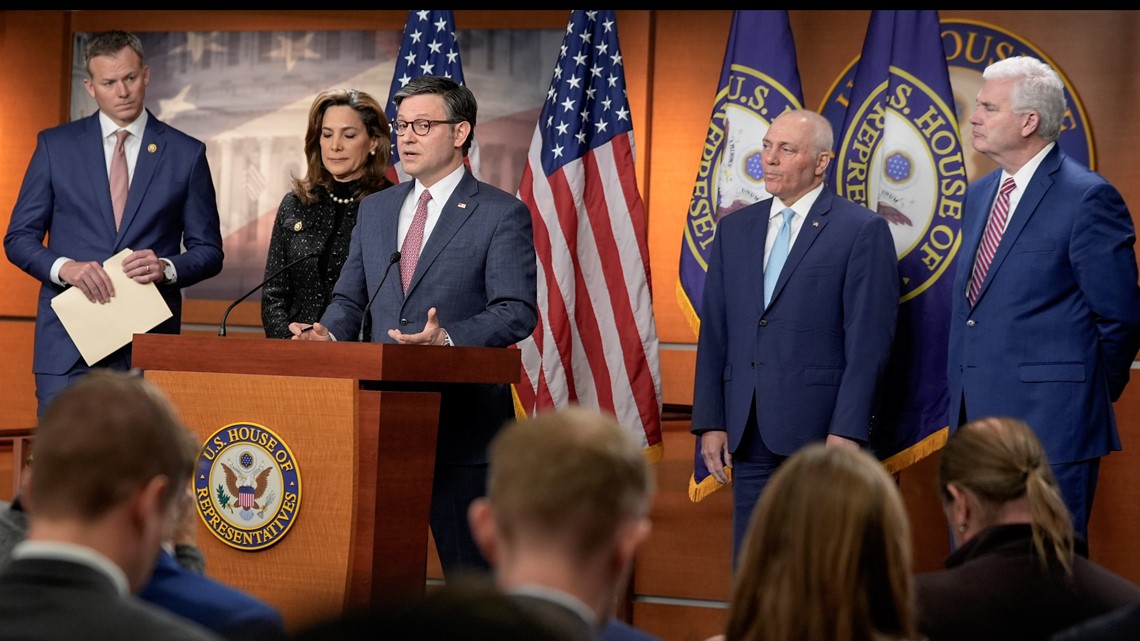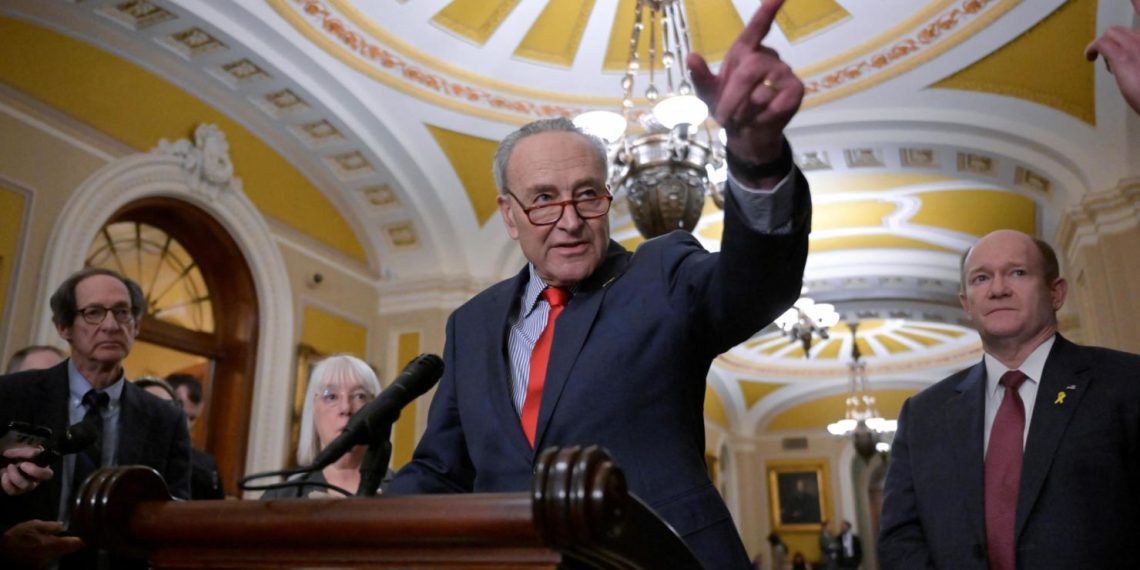In a late-night session, the U.S. Senate narrowly passed the reauthorization of a contentious surveillance program just before its midnight deadline.
The move extends what proponents argue is an important aspect of the nation’s foreign intelligence operations.
Senate Majority Leader Chuck Schumer hailed the bipartisan effort, emphasizing the importance of the Foreign Intelligence Surveillance Act (FISA) in safeguarding national security against terrorism, drug trafficking, and violent extremism.

FISA has faced criticism from lawmakers across the political spectrum who contend that it infringes upon Americans’ constitutional right to privacy.
The bill’s passage came after previous blocks by House Republicans, with the final vote reflecting a compromise that shortened the reauthorization period from five years to two.
Despite warnings from the White House, intelligence agencies, and key legislators about the potential risks of not renewing the program, concerns persist about its impact on privacy rights.
FISA’s provisions allow for the collection of data on foreign nationals, often entangling communications with American citizens.

This data can be accessed by domestic law enforcement, such as the FBI, without requiring a warrant. Revelations of the FBI’s use of this authority to surveil individuals associated with movements like Black Lives Matter and even elected officials have intensified scrutiny of the program.
While proponents argue that FISA is essential for national security, its renewal has reignited debates about the balance between security measures and civil liberties.
The Senate’s decision to extend the program underscores the ongoing tension between maintaining security protocols and safeguarding individual privacy rights.





